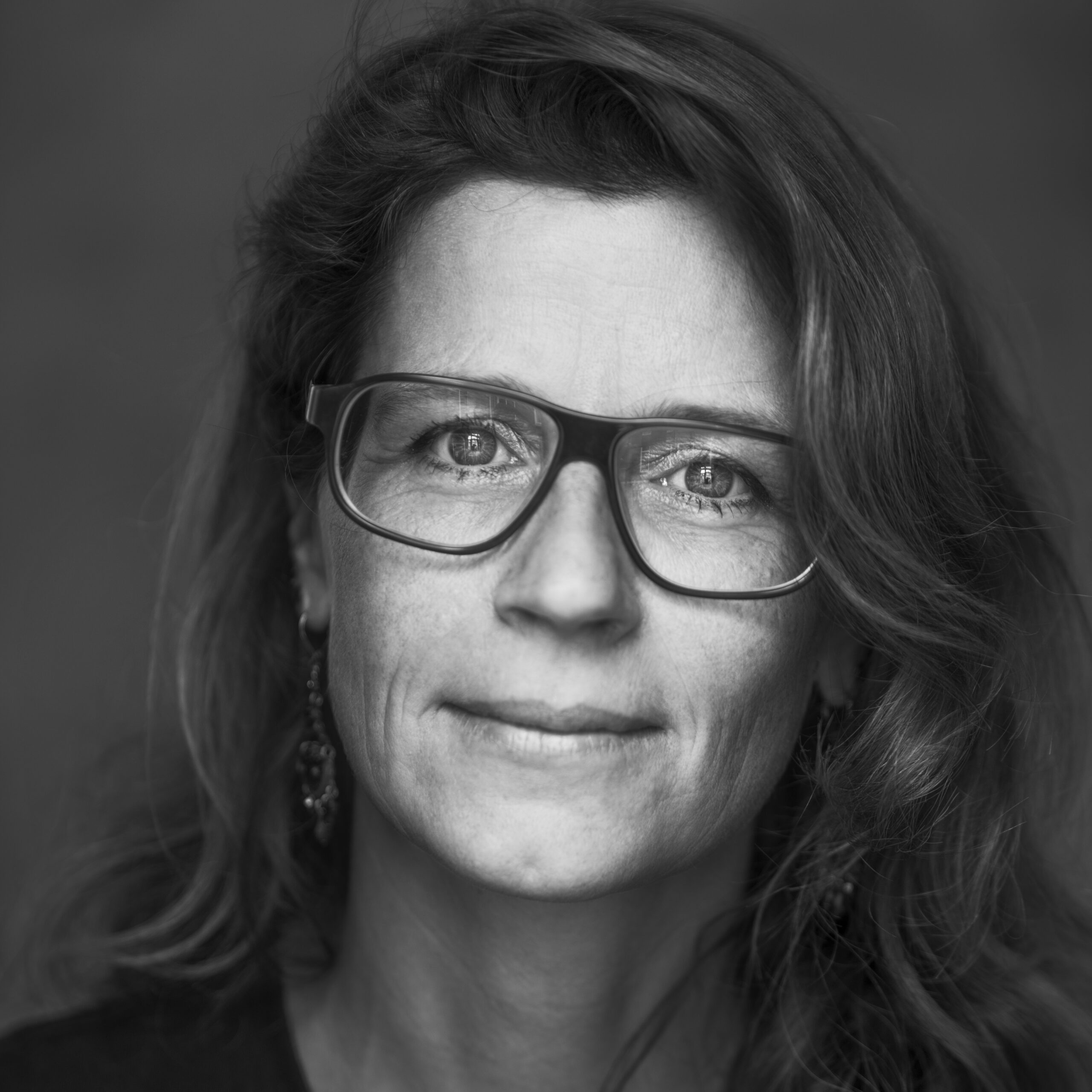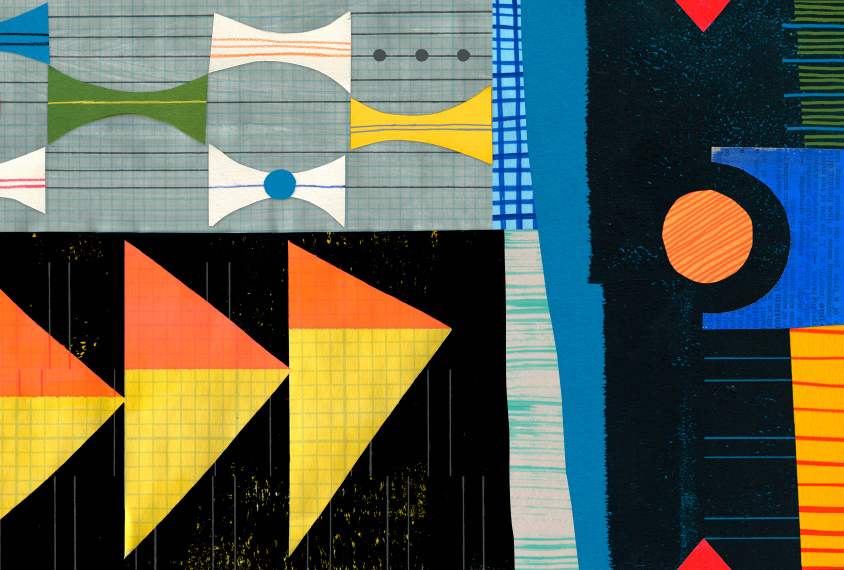Hilde Geurts is professor of clinical neuropsychology at the University of Amsterdam in the Netherlands and senior researcher in the autism clinic of Leo Kannerhuis.

Hilde Geurts
Professor
University of Amsterdam
From this contributor
Validating autism subtypes: A crucial but often overlooked step in research
Studies of autism subtypes rarely validate their results, and this has led to a proliferation of autism subtypes of questionable utility. But reliable subtyping can help improve the prognosis for and care of autistic people.

Validating autism subtypes: A crucial but often overlooked step in research
Explore more from The Transmitter
Shifting neural code powers speech comprehension
Dynamic coding helps explain how the brain processes multiple features of speech—from the smallest units of sounds to full sentences—simultaneously.

Shifting neural code powers speech comprehension
Dynamic coding helps explain how the brain processes multiple features of speech—from the smallest units of sounds to full sentences—simultaneously.
Astrocytes orchestrate oxytocin’s social effects in mice
The cells amplify oxytocin—and may be responsible for sex differences in social behavior, two preprints find.

Astrocytes orchestrate oxytocin’s social effects in mice
The cells amplify oxytocin—and may be responsible for sex differences in social behavior, two preprints find.
Neuro’s ark: Spying on the secret sensory world of ticks
Carola Städele, a self-proclaimed “tick magnet,” studies the arachnids’ sensory neurobiology—in other words, how these tiny parasites zero in on their next meal.

Neuro’s ark: Spying on the secret sensory world of ticks
Carola Städele, a self-proclaimed “tick magnet,” studies the arachnids’ sensory neurobiology—in other words, how these tiny parasites zero in on their next meal.